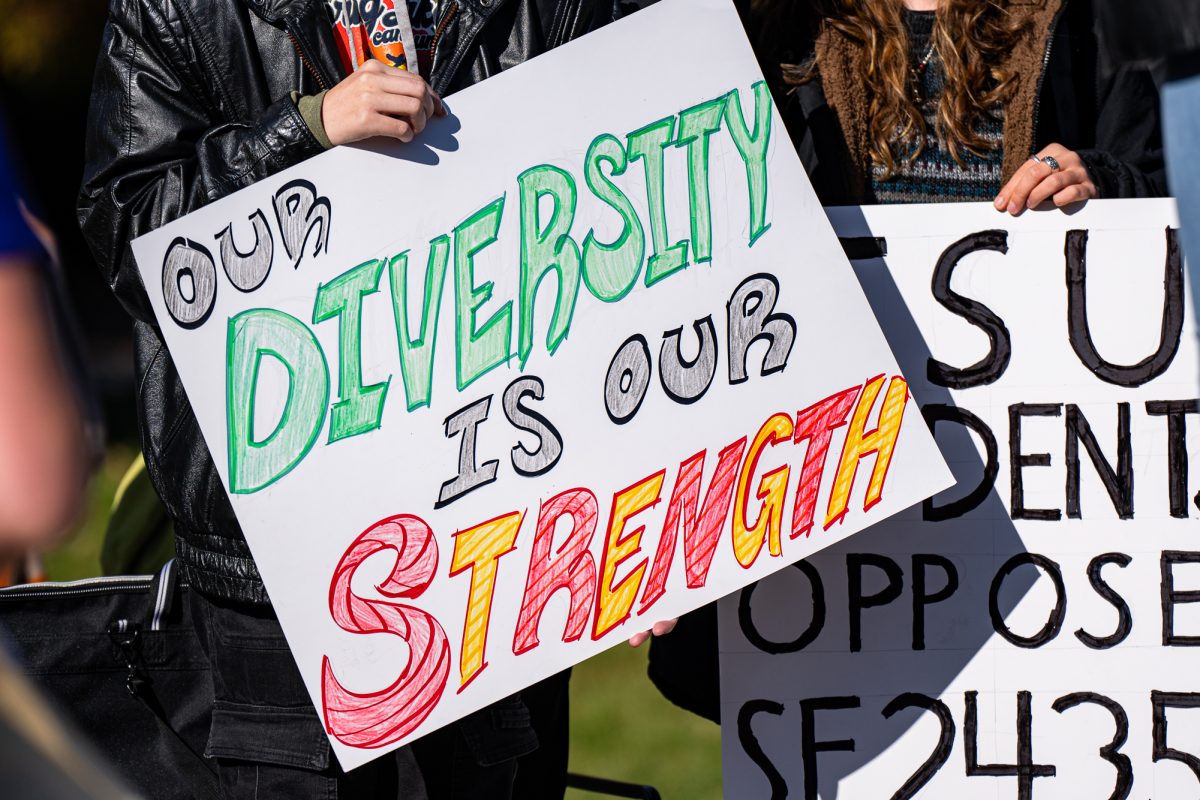This small pamphlet written by Umberto Eco ended up in my hands in Florence, Italy, the birthplace of Dante, and roughly 200 miles south of the birthplace of Italian fascismo. Eco, one of Italy’s eminent intellectuals, had plenty of experience living under Mussolini’s regime and this brief polemic outlines his idea of what fascism is and why the world should remain wary of it.
Fascism is infamously one of the most misused labels, mostly due to the immense difficulty one faces when attempting to define it. As Eco expounds in detail, the fascist culture is syncretic and, therefore, “must tolerate contradictions.” Fascism’s obsession with stagnancy, or what Eco refers to as the “cult of tradition,” is something that fascism attempts to synthesize across different religions and cultures. As Eco writes, “all the original messages contain a grain of wisdom, and when they seem to be saying different or incompatible things, it is only because they allude, allegorically, to some original truth.”
All discovery hints to a particular truth, and any deviation from this truth or message is seen as a sign of heresy. Implied in this conception, Eco writes, “is the rejection of modernism.” It is also a rejection of The Enlightenment and the Age of Reason because they were seen by fascists as nothing more than “the beginning of modern depravity.” A very interesting detail that Eco brings to light is that since fascists run counter to modernism and reject these movements of rationality, “Ur-Fascism” (Eco’s term for eternal fascism) can thus be defined as irrationalism.
We can see this irrationalism expressed in the behavior of fascists or would-be (if they could be) fascists of our day. Eco writes that to fascism, “thinking is a form of emasculation” and, therefore, “culture is suspect insofar as it is identified with critical attitudes.”
But why do fascists fear this? It is actually a feature common with many totalitarian movements. However, fascism stands out because of its nationalistic fervor. Fascists exploit the natural “fear of difference” and “call against intruders.” Eco adds that these descriptions make fascism, by definition, a racist ideology.
This fear of difference is particularly relevant because it is easy to connect it with the most aggressive versions of populism. Fascism is an appeal to the “frustrated middle classes, disquieted by some economic crisis or political humiliation, and frightened by social pressure from below.”
There are many other points of description that I find fascinating and relevant in today’s society. Eco includes, as an example, a description of censorship as it was practiced in fascist Italy. In a scene that can only be described as Orwellian (the Ministry of Popular Culture was eventually shortened to MinCulPop–a humorous example) rightly points out that censorship in fascism has a peculiar detail that, like the philosophy itself, is contradictory yet effective. Eco identifies two forms of censorship; “the first is censorship through silence; the second is censorship through noise.” He adds that “Fascism had understood (as dictators generally do) that deviant behavior is encouraged by the fact that the media give it coverage.”
No doubt, you can think of how this applies to the modern day, which I suspect the fascists remain suspect of. While outdated, as it is bound to be in certain parts, “How to Spot a Fascist” is best described as an introduction to the ideology and its history. It is thought-provoking nonetheless.
I recommend it to every political person. Eco offers a general framework for “spotting” fascism in our own societies, and his insight raises the eerie yet not completely implausible idea that we already live in an implicitly fascist society.
Rating: 7.5/10








